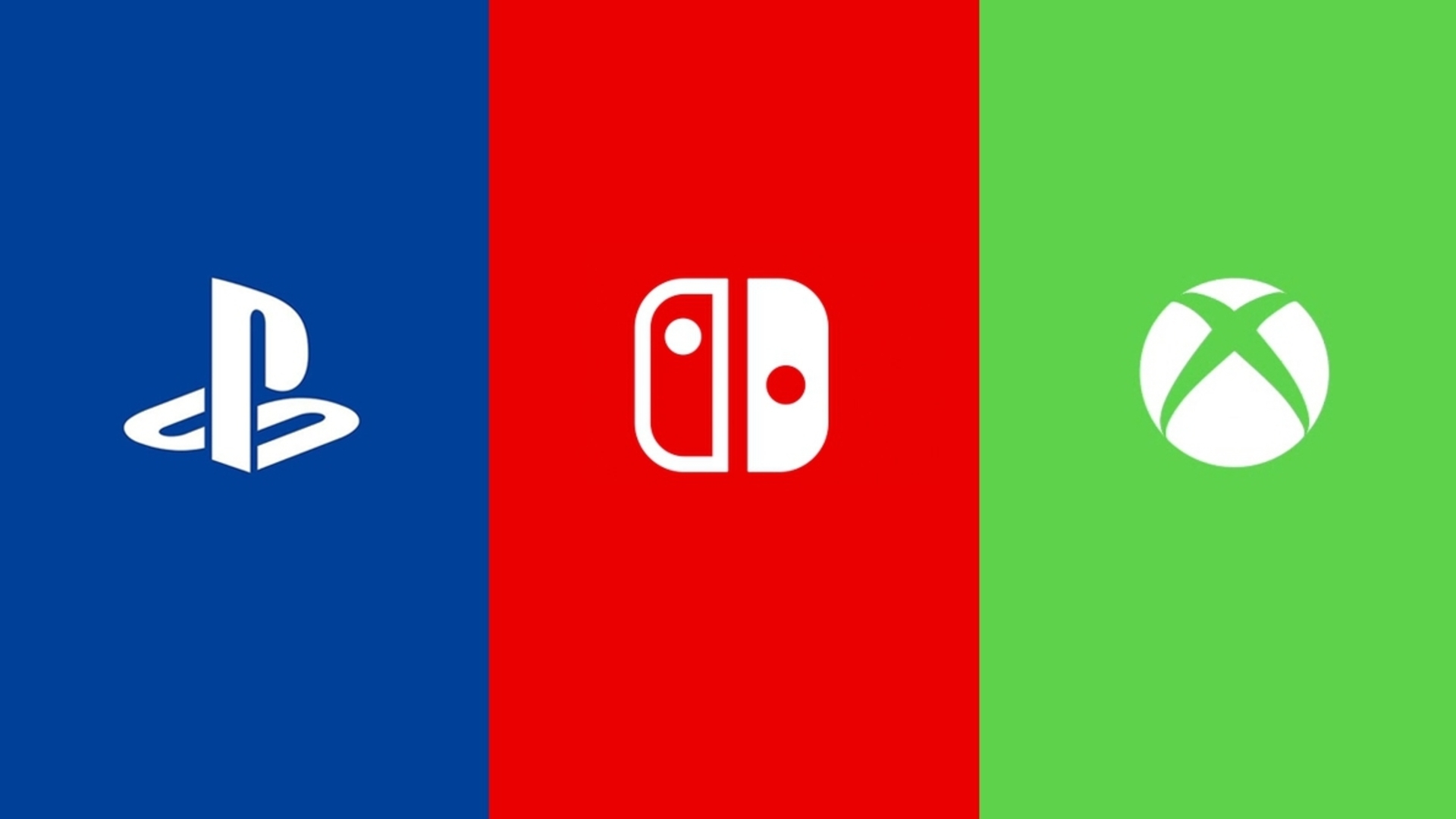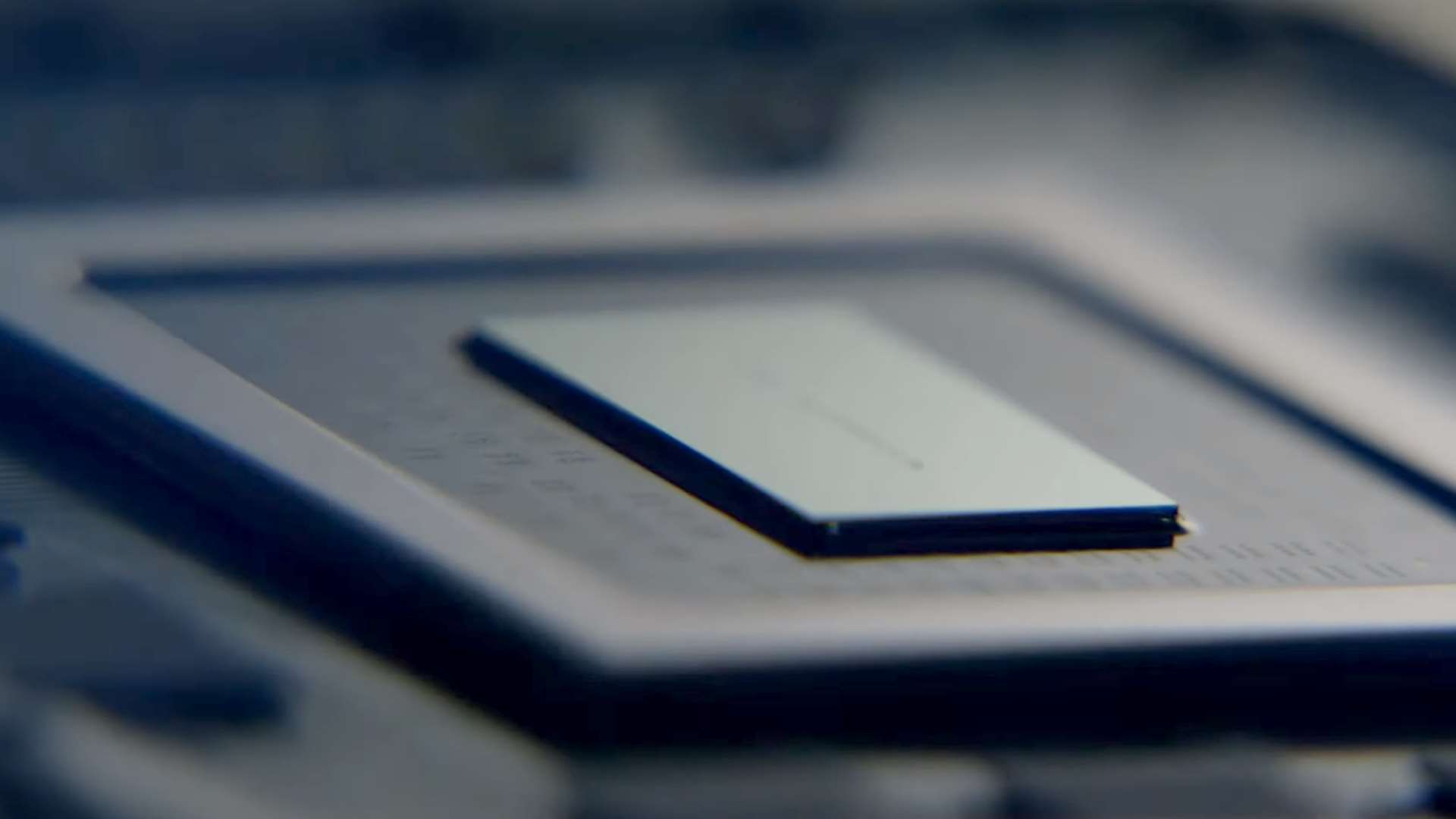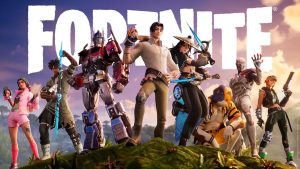
Next year, Sony and Microsoft will be launching brand new consoles. As much as the PS5 and Xbox Scarlett seem like they will be iterative over existing consoles on the market, however, a new generation usually represents a chance at some sort of a reset. Companies that are on top can often find themselves struggling in a new console cycle, while those at the bottom can find themselves doing very well, all of a sudden. Look at Nintendo’s wild reversals, going from GameCube (where they were last place), to the Wii (one of the highest selling consoles of all time, and the most profitable one ever), to the Wii U (one of the lowest selling consoles of all time, and one of the few times Nintendo was not profitable), to the Switch (the fastest selling console of all time, and potentially en route to being the highest selling one ever, too).
Sony and Microsoft themselves are no strangers to these reversals in fortune—Sony, for instance, went from dominating two generations straight with the original PlayStation and PS2, to finding themselves a laughing stock with the launch of the PS3. They managed to reverse the PS3’s fortunes, ended on a strong note, and were back on top with the PS4. Microsoft had a low selling debut with the original Xbox, to a console that led its generation in large part with the Xbox 360, to a console that struggled on the market again with the Xbox One.
It’s very unlikely that Sony and Microsoft trade places next generation, however—Sony benefits from a globally beloved brand, with an international distribution network, presence in far more markets, and a very strong performance in the generation that will likely define how the next one goes in large part. Microsoft suffer from either performing poorly in most non-Anglosphere markets, or flat out not having a presence in them, as well as a poorer showing this generation, which will probably influence ecosystem lock-in to at least some degree with the next round of consoles.
So no, this article isn’t about how Microsoft can come out on top next generation, because my opinion is they cannot. In the end, I feel like Sony and PlayStation will perform better than Xbox regardless, much like what happened with the Xbox 360 (the bestselling Xbox console) and the PS3 (the poorest performing PlayStation console), where the former still got outsold by the latter in the end.
What we can look at, however, is what Microsoft can do to ensure three things next generation: a) that they retain their current base of users and customers, b) that they are able to meaningfully expand that base of users and customers, and c) that they are able to do so while also furthering their device-agnostic services oriented strategy. These are almost certainly Microsoft’s primary business objectives going into the Scarlett generation—they don’t need to be a 100 million first place console to do well for themselves, and they’re probably reorienting their business plans around the understanding that they can still do well and make a lot of money as long as they perform well within their defined niches.
So, what a successful generation means for Microsoft must be recontextualized in that light. Microsoft is probably not actively looking to beat PlayStation next generation. While they would obviously love it if that were to happen, they probably understand that even if they wanted to, they can’t do it right now—their international standing is poorer, their exclusives lineup is poorer, their presence in many markets is poorer, and while those are all things that can be addressed, it needs time, sometimes decades, for them to be properly fixed. What Microsoft wants is to do well on its own terms.
And how do they set about doing that? How do they ensure that they don’t lose customers in the transition to Scarlett, that they make Scarlett appealing enough to get people who didn’t buy into the Xbox One family to buy one, and that more people start buying into their services? Anti-climactically enough, the answer is just… to keep doing what they have been doing.
Yes, the key takeaway from a meditation such as this one is that Microsoft have already made all the moves necessary to position themselves for success within their defined parameters next generation. In terms of ecosystem stickiness for users who bought into the Xbox One, Microsoft’s true triumph is Game Pass. Presuming continued expansion of Game Pass along the lines it has been going on so far, a lot of Xbox are going to want to stick around if only because of the ridiculous value it presents. The allure of not having to spend much, if any, money on games, and having a readily accessible library of some of the most acclaimed games of the generation on hand at all times, combined with fans of Microsoft’s ecosystem or their franchises, will work to minimize spillage of users.
Microsoft is also well positioned to expand the appeal of the Xbox platform beyond just Xbox owners with the Scarlett thanks to their recent spate of acquisitions of studios to beef up their first party. It’s important to remember Microsoft has now over a dozen first party studios, and that most of them do not have an upcoming project for the Xbox One. The Coalition has Gears 5, and 343 has Halo Infinite, but the latter is already confirmed as a launch game for Xbox Scarlett as well (much like Breath of the Wild got bumped to the Switch).
This means that Microsoft can actually present some potentially appealing exclusive games beyond their traditional Halo/Gears/Forza cadence for their console that would cause those who have not been won over by the company’s present offerings to look into getting an Xbox.
Of course, they don’t have to get an Xbox to play Microsoft games, which brings us to the final point—expanding Microsoft’s services. If someone decides they want to play the next Playground developed game, but that they don’t want to spend hundreds of dollars on a new Xbox to do that, they can just play it on their PC, if they have one. But in doing so, they would be buying into Microsoft’s services, whether it be Xbox Live (since Microsoft games all require Xbox Live accounts), Game Pass (which is now available on PC), or, heaven forbid, just the Windows Store to buy the game to begin with.
Presuming xCloud takes off in any meaningful way, it would further Microsoft’s services-oriented objectives too—for instance, you could feasibly be playing through Halo Infinite on your iPhone, without having to buy an Xbox, because you would be playing via xCloud, which is another Microsoft service.
Collectively, Microsoft’s recent moves begin to make so much more sense when viewed in this context, then—they want to set themselves up for success next generation. Success doesn’t have to mean beating PlayStation, it just has to mean they do what they are doing well. I feel like, on that front, they’re making all the right moves, and the Xbox One to Scarlett transition should be less painful for them than the 360 to Xbox One transition was. But, of course, things are always unpredictable—for all we know, Microsoft lose their mind and mess things up spectacularly (again), or maybe Sony goes for a $999 console, which allows Microsoft to take the worldwide lead. Or maybe something less ridiculously extreme, but still unpredictable, happens, that causes things to go in directions other than ones identified in this analysis.
But based on what we know in the here and now? Microsoft is set for a good next generation.
Note: The views expressed in this article are those of the author and do not necessarily represent the views of, and should not be attributed to, GamingBolt as an organization.

















